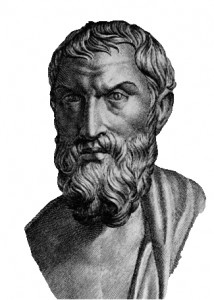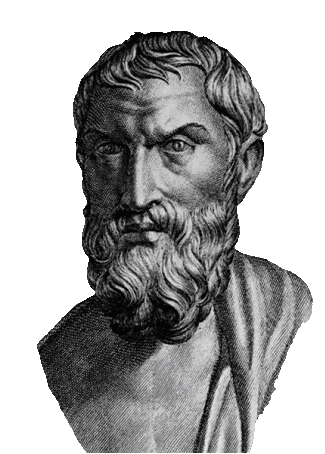First New Epicurean Blog of March – “Epicurean Practice” – And A Few Words on The Goal of Epicureanism

The first new blog focusing on Epicureanism I have seen in March is “Epicurean Practice.” It’s just getting off the ground but the first posts there are good and call to mind something I think about often. Here are two points (cut and pasted choppily by me here) made at the blog:
(1) Epicurus’ goal: Achieving a state of ataraxia, combined with aponia. Ataraxia is imperturbability of mind or absence of mental pain and aponia means the absence of pain of the body,” and
(2) “Life is more than natural and needed goods, but with this focus in mind, we are independent from anything else which doesn’t touch the basis of our living. Subsequently, anything else becomes a gift and we are free to enjoy these gifts – but we have to be independent to enjoy these gifts correctly.”
This is not at all a criticism, but rather commentary on a subject I think about a lot:
If “Epicurus goal” could truly be summarized in full as “absence of pain of mind and body” then that goal could arguably quite successfully be achieved by immediate suicide. If that is not the case, and I quite emphatically think it is not the case, then why not? I think we are in danger of losing something very important when we boil down Epicureanism to “absence of pain” without further understanding of what was implicit in that advice.
Maybe another way of asking the same question is this: PD3 states: “The magnitude of pleasure reaches its limit in the removal of all pain. When such pleasure is present, so long as it is uninterrupted, there is no pain either of body or of mind or of both together.” In that sentence “the magnitude of pleasure” does not EQUATE to the absence of pain, it “REACHES ITS LIMIT” when all pain is gone. Exactly what is that thing to which we are trying to extend to its natural limit by the removal of pain?
In my view the answer has something to do with our consciousness of being alive – both mentally AND bodily – and actually experiencing those many types of pleases which life has to offer. In other words, Epicurus is not urging the SUPPRESSION of personal experience and enjoyment, but the MAXIMUM EXPRESSION of personal experience and enjoyment consistent with the rules provided by Nature.
Maybe it’s just my personal background that I equate words like “feeling no pain” to drugged-out hippies of the 1960’s, for whom I have great compassion and understanding but would not see as a role model for an Epicurean. Probably that’s just me, and no one else needs to be reminded of this point, but whenever I see the goal of Epicureanism defined as solely “absence of pain” I think some are apt to misunderstand the deeper objectives.
But great start for the new blog! I don’t think anything is better for the advancement of Epicureanism in today’s world than new initiatives to talk about the real meaning of the philosophy of Epicurus.

